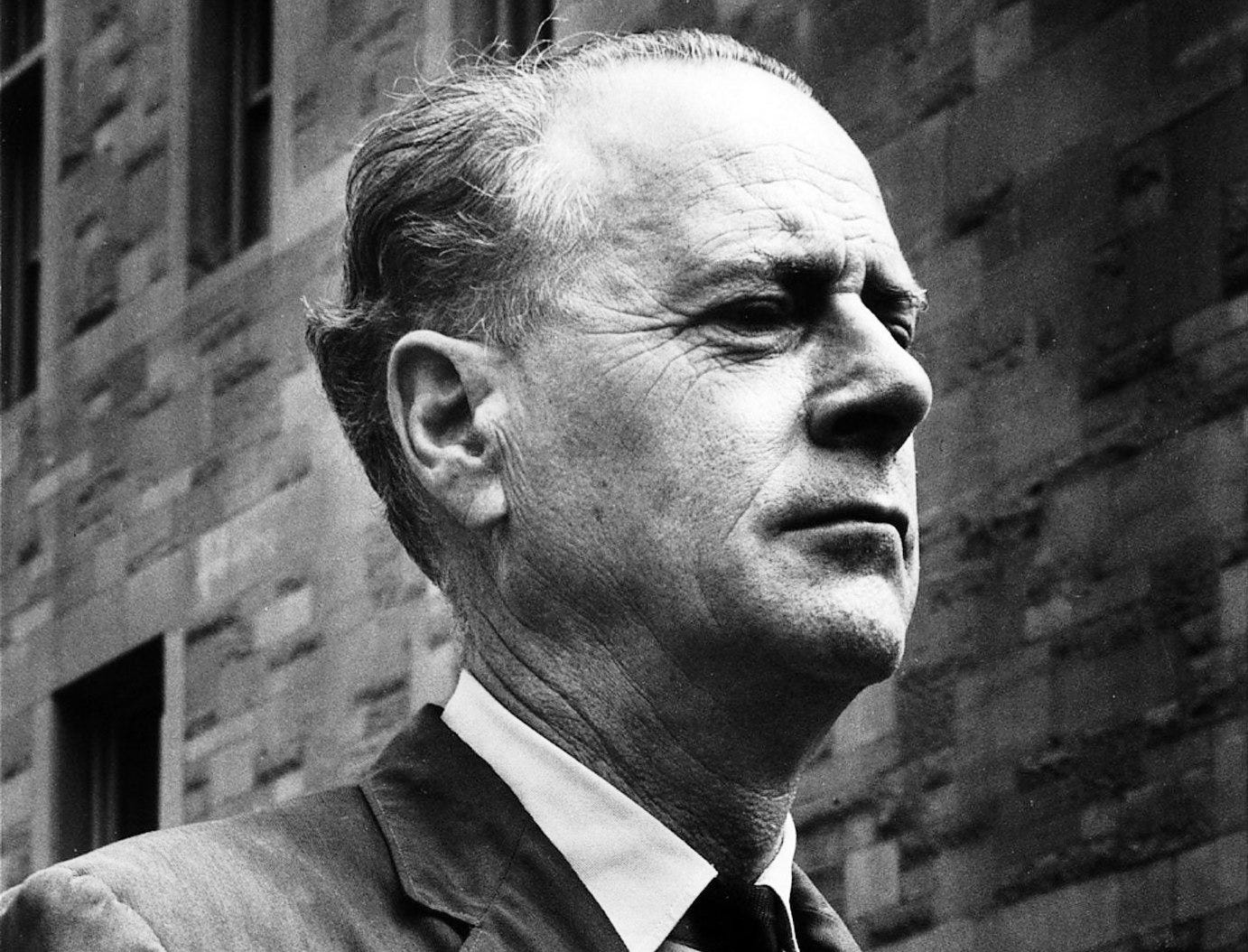Why You Can't Log Off?
The Philosophy of Digital Dependency
This exploration into the philosophy of digital dependency delves into the profound impact of digital technologies on human behavior and social structures, drawing heavily on the pioneering work of Canadian philosopher Marshall McLuhan. His theories underscore the significance of media forms in shaping individual perceptions and societal interactions, emphasizing the inherent influence of technology on human experience rather than merely the content it conveys.
As digital media becomes increasingly integrated into daily life, the concept of digital dependency emerges, illustrating the challenges individuals face in regulating their use of these pervasive technologies. This dependency is characterized by an inability to disconnect from digital devices, often resulting in adverse mental health outcomes such as anxiety and depression. While critics argue that technology's significance arises from its interaction with social contexts, McLuhan's insights remain critical for understanding how technology transforms our world.
The medium is the message.
Marshall McLuhan
Background
Marshall McLuhan (1911-1980), a Canadian philosopher and media theorist, focused his work on the impact of media and technology on human communication and society. He introduced several influential concepts, including the "Gutenberg Galaxy," "global village," and the idea of media as an "extension of personhood," highlighting how new forms of communication shape human experience.
McLuhan is best known for his assertion that "the medium is the message," which encapsulates his belief that the form of a medium embeds itself in the message it transmits, influencing how it is perceived and understood. This perspective shifts the focus from the content to the medium itself. Despite a decline in his immediate influence by the 1970s, McLuhan's ideas have seen a resurgence in contemporary discussions, particularly as society grapples with the implications of digital dependency. However, critics like Raymond Williams have challenged his technological determinism, arguing that technology's significance arises only when adapted to existing social contexts.
The Philosophy of Digital Dependency
Digital dependency refers to an individual's persistent inability to regulate their use of digital devices. This phenomenon can be understood through media dependency theory, which explores the interactive relationships between audiences, media, and society. The theory posits that this dependency is largely a one-sided reliance of individuals on media. As digital platforms permeate daily life, transforming both work and leisure, individuals find it increasingly difficult to disconnect.
Conceptual Foundations
Marshall McLuhan's work provides a crucial foundation for understanding digital dependency. He asserted that dependency arises from a “subliminal and docile acceptance” of technology, stemming from an unconsciousness about our technological interactions. This lack of awareness is a deep disengagement from the effects of technology on individual behavior and societal structures.
This dependency is not merely individualistic; it is intertwined with collective social dynamics. Digital platforms serve as spaces for communication that often elicit emotional responses, leading to further dependency. The allure of social validation through likes and comments activates the brain's reward system, which can foster feelings of inadequacy when such validation is absent, exacerbating mental health challenges.
Mental Health Implications
The addictive nature of technology is linked to various mental health issues, including anxiety and depression, particularly exacerbated by social media use. Studies indicate that excessive social media engagement correlates with adverse mental health outcomes. This is complicated by phenomena such as the Fear of Missing Out (FOMO), which compels users to remain engaged with their devices, often detracting from real-life experiences.
We're letting technology take us to places that we don't want to go.
Sherry Turkle
To mitigate these negative impacts, individuals can adopt strategies such as setting limits on social media use. Research suggests that reducing usage to around 30 minutes per day can yield significant improvements in well-being. Furthermore, fostering digital mindfulness—where users consciously track and assess their online activities—can help in recognizing and addressing patterns of dependency.
Navigating the Digital Landscape
The digital landscape, while offering benefits like connectivity and information access, also poses significant risks. To foster a balanced integration of technology, it is crucial to approach digital engagement with caution and awareness. This balance can enable individuals to leverage the advantages of digital tools while minimizing potential harms, ultimately promoting human flourishing.
Media Ecology
Media ecology is a theoretical framework that examines the complex relationships between media, technology, and human experience. Guided by the principles of Marshall McLuhan, this field explores how various forms of media act as environments that shape societal behaviors, perceptions, and interactions.
Historical Context
The media ecology movement emerged in the mid-twentieth century through the works of figures like McLuhan, Neil Postman, and Walter Ong. These scholars sought to understand the implications of media on human consciousness and social structures. McLuhan's famous assertion that "the medium is the message" encapsulates the idea that a medium's characteristics, rather than just its content, significantly impact how messages are understood.
The Global Village
The concept of the "Global Village," coined by McLuhan in the 1960s, describes a phenomenon where




